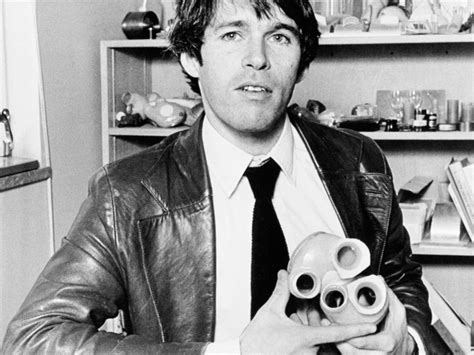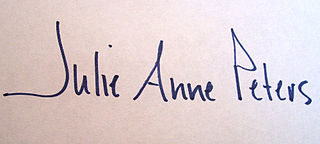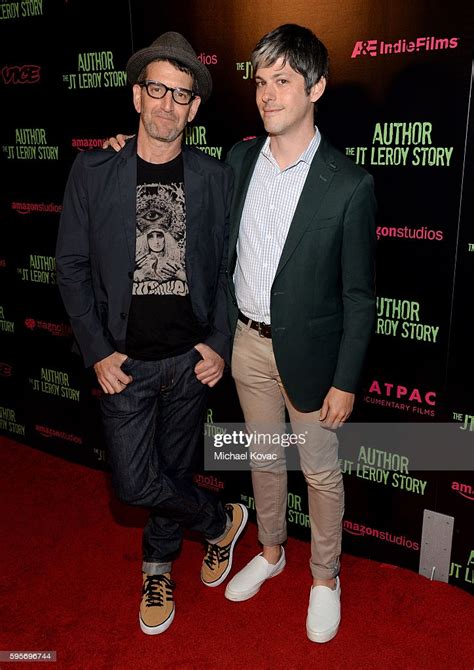A Quote by William Empson
I'm afraid I take ... this rather clinical view of love: it's saving you from madness. I'm not so enthusiastic as other poets have been.
Related Quotes
I have tried to protect myself against men, to react against their madness to discern its source; I have listened and I have seen--and I have been afraid of acting for the same motives or for any motive whatever, of believing in the same ghosts or in any other ghost, of letting myself be engulfed by the same intoxications or by some other... afraid, in short, of raving in common and of expiring in a horde of ecstasies.
I've never been afraid of the dark. I'm more afraid of the day, of people. I love the night. The solitude. Well, I don't love it. I don't feel love. I hate people, so I hope when I get there it isn't crowded. I hope the light is a momentary phenomenon and the other side is completely black. And silent.






































